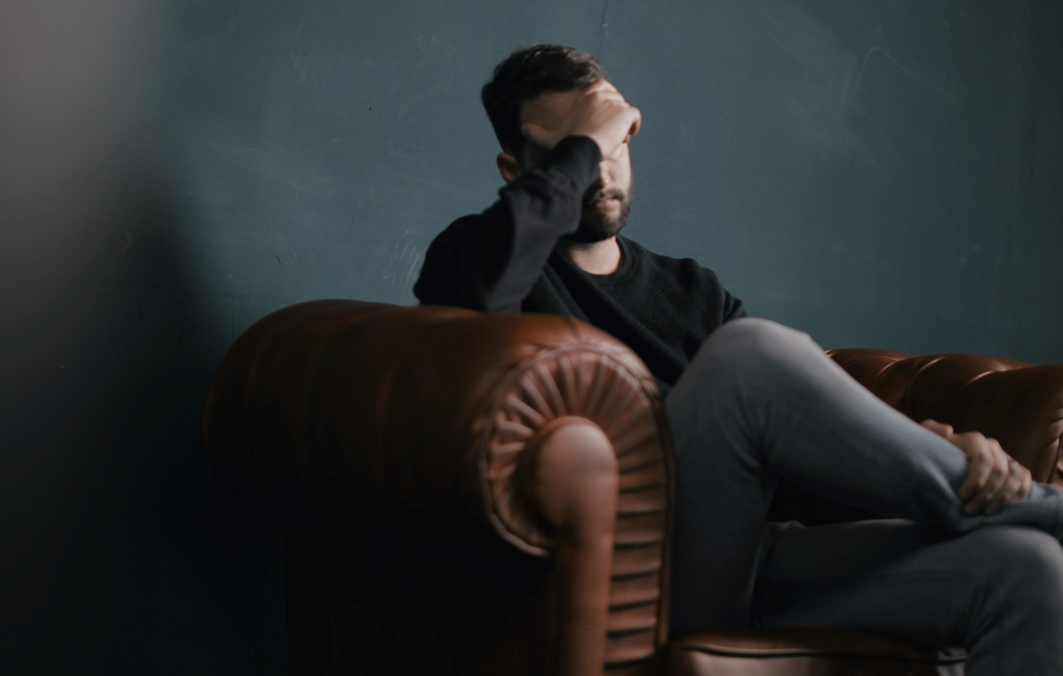How do I recognize signs of depression in my partner? I suspect he’s depressed, but I’m not sure.
By Wendy Haaf
Your partner must not be acting like himself if you’re noticing changes in his mood or behaviour. That in itself can be a clue. A depressed mood, a lack of interest in previously pleasurable activities, and an inability to feel pleasure are hallmarks of depression. Other classic symptoms include changes in sleep patterns, appetite, or activity; fatigue or loss of energy; feelings of guilt, worthlessness, or letting others down; difficulty thinking, concentrating, or making decisions; and persistent thoughts of death or suicide.
Warning signs
Some warning signs tend to be more common in men. “Somebody isolating himself is a big one,” says John Ogrodniczuk, director of the psychotherapy program in the Department of Psychiatry at the University of British Columbia and founder of HeadsUpGuys, a resource that supports men with depression. Another is irritability or “that sense of being on edge, snapping at people, or getting overly upset at minor things,” he says, adding that the use of alcohol or marijuana “is also pretty common as a way to temporarily numb the pain.” Some men engage in other types of risk-taking more than usual, such as driving recklessly or gambling.
What can you do?
If your partner seems to be experiencing several of these symptoms, there’s a good chance he’s depressed. So what can you do? “Rather than saying ‘You’re depressed,’ try to focus on what’s observable,” Ogrodniczuk suggests. “If he has been isolating a lot or seems really detached, you can point that out. Try to contrast that with his usual behaviour, pointing out that he doesn’t seem himself. If he can acknowledge that, there’s a starting point. You can also try to normalize his experience for him [by reassuring him that] this happens to a lot of people.” Depression affects more than one in 10 Canadians at some point in their lives.
Taking back control
It’s important to emphasize that your partner doesn’t have to get through this on his own and that reaching out for help is a way of taking back control of his own destiny and becoming the best version of himself. Possible first steps include visiting his family physician or booking a virtual session with a therapist. (For more information, including a directory of therapists, visit HeadsUpGuys.org.)
Ogrodniczuk says that while many of the men who come to see him are initially reluctant to seek help, “inevitably, at some point, they say ‘I wish I’d done this years ago.’ Many say they’re going to tell everyone they know who might be struggling ‘You’ve got to do this.’ It might be the scariest thing you’ve ever done, but you’ve got to do it. Your future self will thank you.”
Photo by Nik Shuliahin on Unsplash






